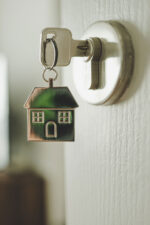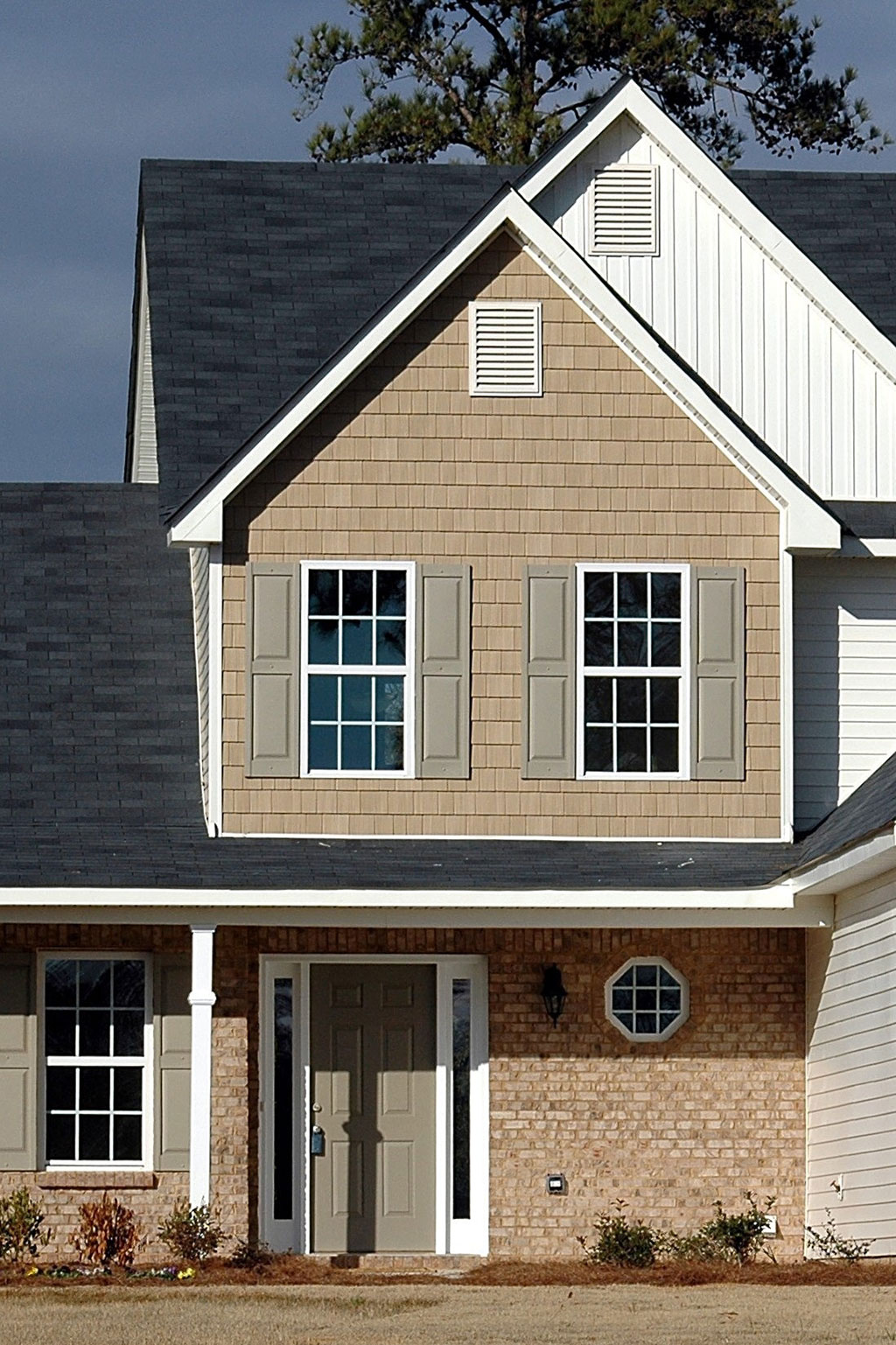7 Common Home Maintenance Mistakes
Owning a home comes with the responsibility of regular maintenance to preserve its value, functionality, and security.
Unfortunately, however, many homeowners end up making mistakes along the way that lead to costly repairs and unnecessary headaches. Here’s a closer look at seven of the most common ones and what you should do instead to avoid any future issues.
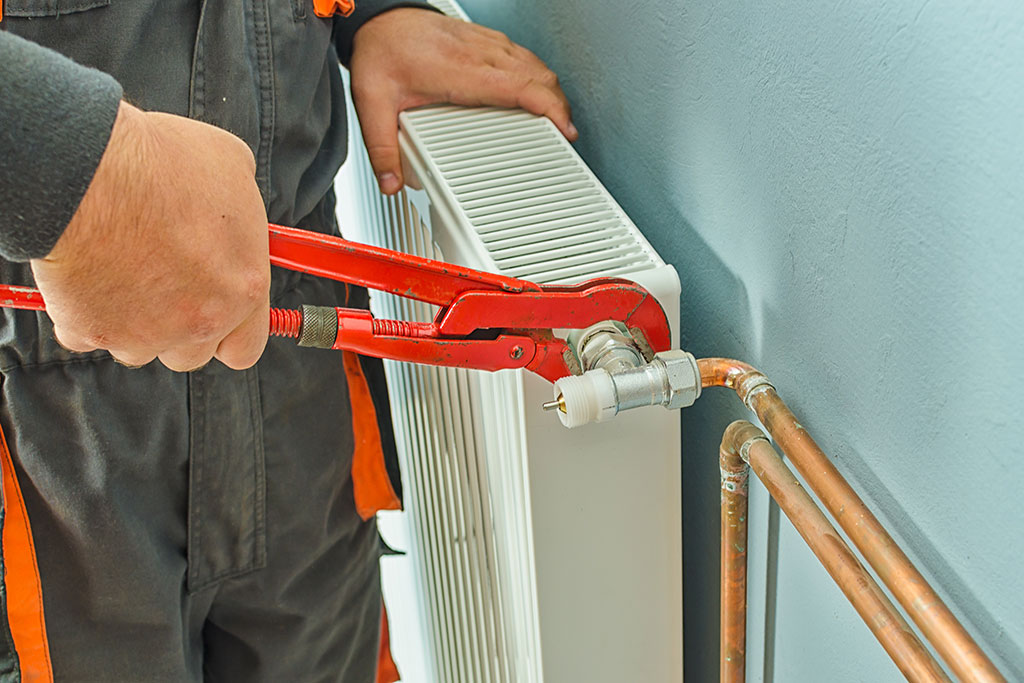
Neglecting minor problems
When it comes to maintaining a home, no problem is too small. Even seemingly insignificant repairs, such as a dripping sink, loose floorboard, or missing roof shingle, can quickly escalate into bigger problems if they’re left unattended. Make a habit of walking your home, looking for any minor issues, and then promptly addressing them. Fix leaky faucets, replace damaged tiles, repair cracks in walls, and replace worn-out weatherstripping. In doing so, you can prevent them from becoming more extensive problems that cost you a lot more money down the line.
Avoiding regular inspections
When you purchased your home, an inspector likely checked the inside and outside for anything that needed to be immediately resolved. Unfortunately, that one inspection isn’t enough to last the life span of your home. You need to have certain systems regularly checked to identify and correct any possible issues. This includes your roof, plumbing, electrical systems, HVAC, and other add-ons like your fireplace. By locating signs of damage, leaks, or malfunctioning components early on, they can fix an issue before it can cause more damage to your home.
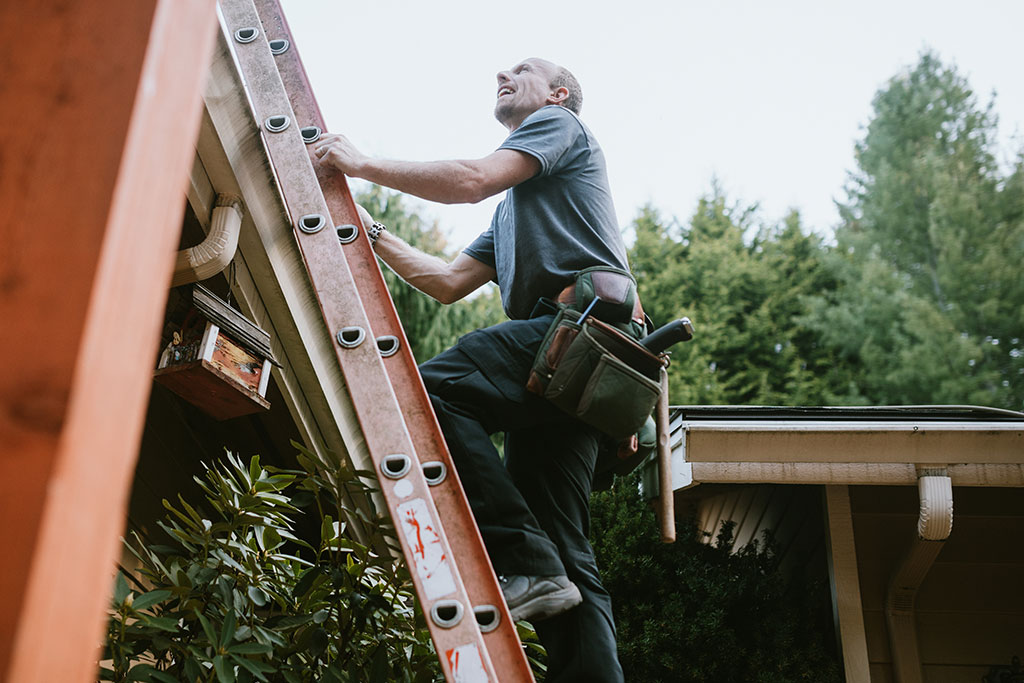
Ignoring your gutters and downspouts
Your roof and gutters are your home’s first line of defense against rain, and if you never check for clogged gutters or downspouts, it becomes more susceptible to water damage and foundation issues. Take care to regularly clean your gutters, removing any leaves, debris, and other blockages that may prevent water from flowing through them, and ensure your downspouts are properly directing water away from your home’s foundation. If you can’t easily access your gutters and downspouts or aren’t able to clean them yourself, consider hiring a professional who can maintain them for you.
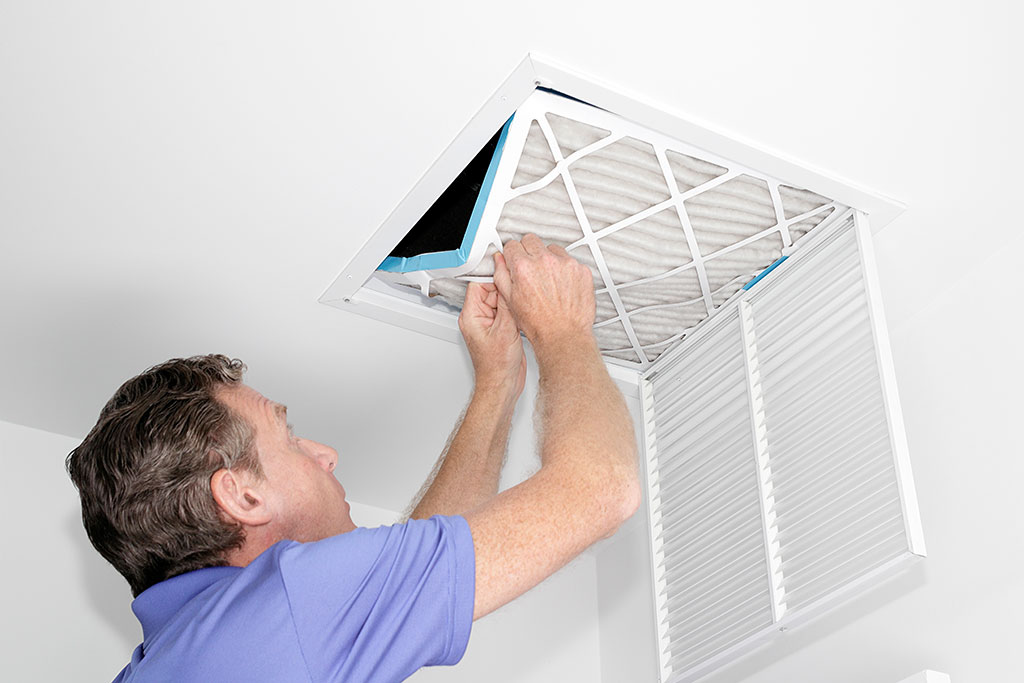
Not changing your HVAC filters
In addition to having professional inspections of your home’s HVAC system, you should change your filters at least every three months. It’s an easy task to forget, so set a reminder in your phone to replace them and thus keep your system working efficiently. Also, be sure to remove any debris or vegetation around your outdoor unit, which can keep it from functioning properly.
Using the wrong cleaning products
Not all cleaning products do the same thing, so you really shouldn’t use one product for all your cleaning needs. In fact, using excessive or incorrect cleaning products can even damage surfaces and appliances, meaning you’d need to repair or replace them sooner than you would have otherwise. Always read the manufacturer’s instructions to ensure you’re selecting the appropriate cleaning agents for each material and surface, especially when considering abrasive or acidic cleaners that can cause harm. When in doubt, test a small, inconspicuous area before applying a cleaning product to a larger surface.
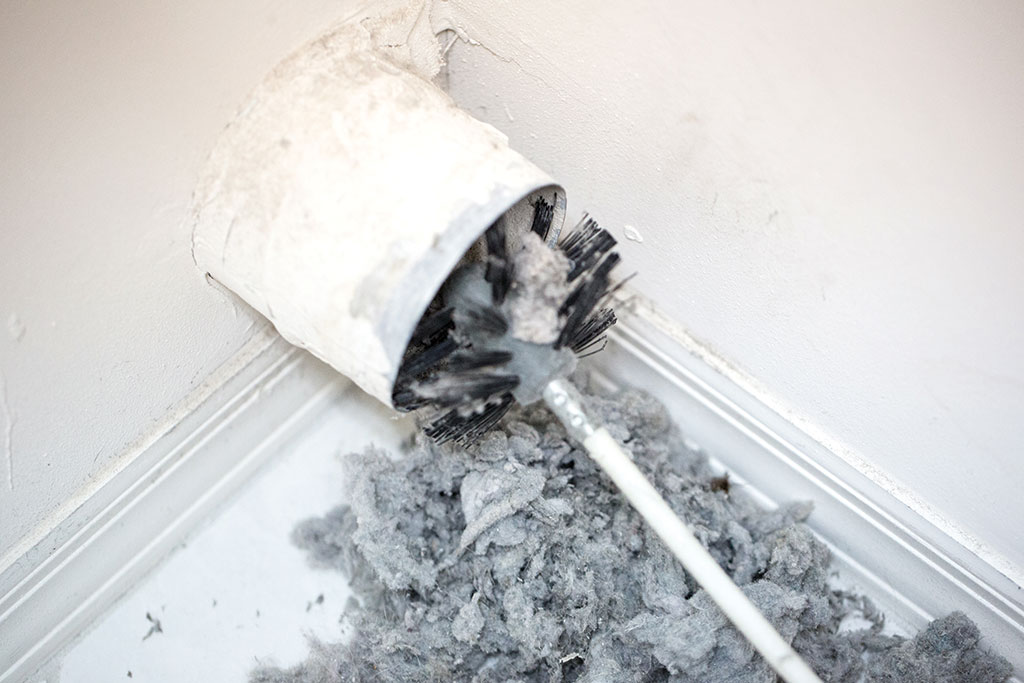
Not cleaning your dryer vent
No homeowner wants to deal with a house fire, and a simple task to help prevent one is attending to your dryer’s filter and vent. You should clean the filter each time you use it and clear out the vent at least once a year. Cleaning the vent may also reduce your electric bill since your dryer won’t have to work as hard to dry your clothes. While it is possible to clean the vent yourself, you may want to hire a professional if you suspect there is significant lint buildup.
Leaving gaps and cracks near entryways
Unsealed gaps and cracks around your windows and doors can not only lead to energy loss but also allow water and pests to infiltrate your home. That’s why it’s important to inspect these areas for any open spaces. If you notice any openings, use the correct sealants, such as weatherstripping or caulking, to close them and prevent potential problems from occurring in the future.
Much of home maintenance comes down to fixing small issues before they can become bigger problems, so make sure you monitor your home’s condition and address any red flags that may arise.

